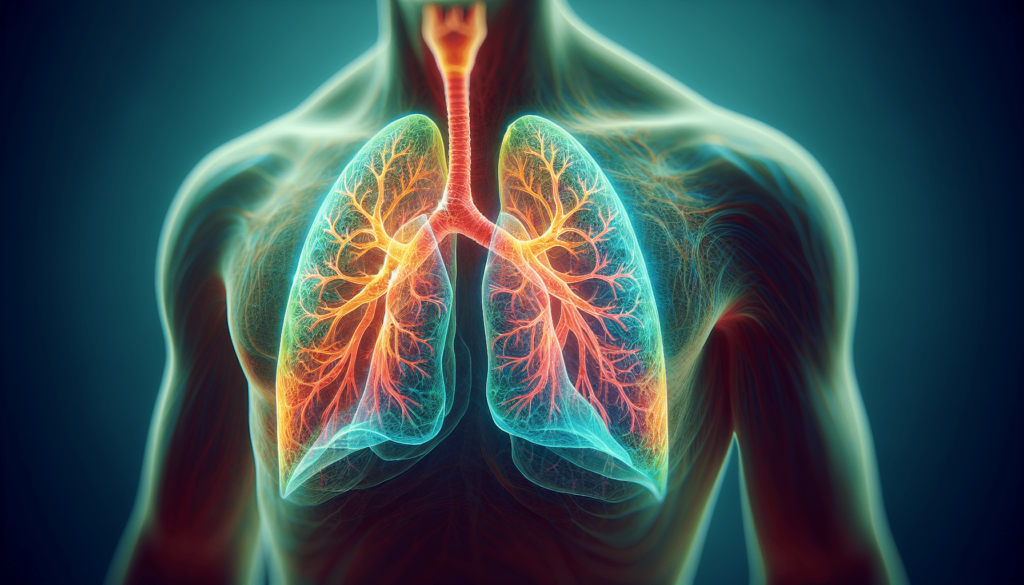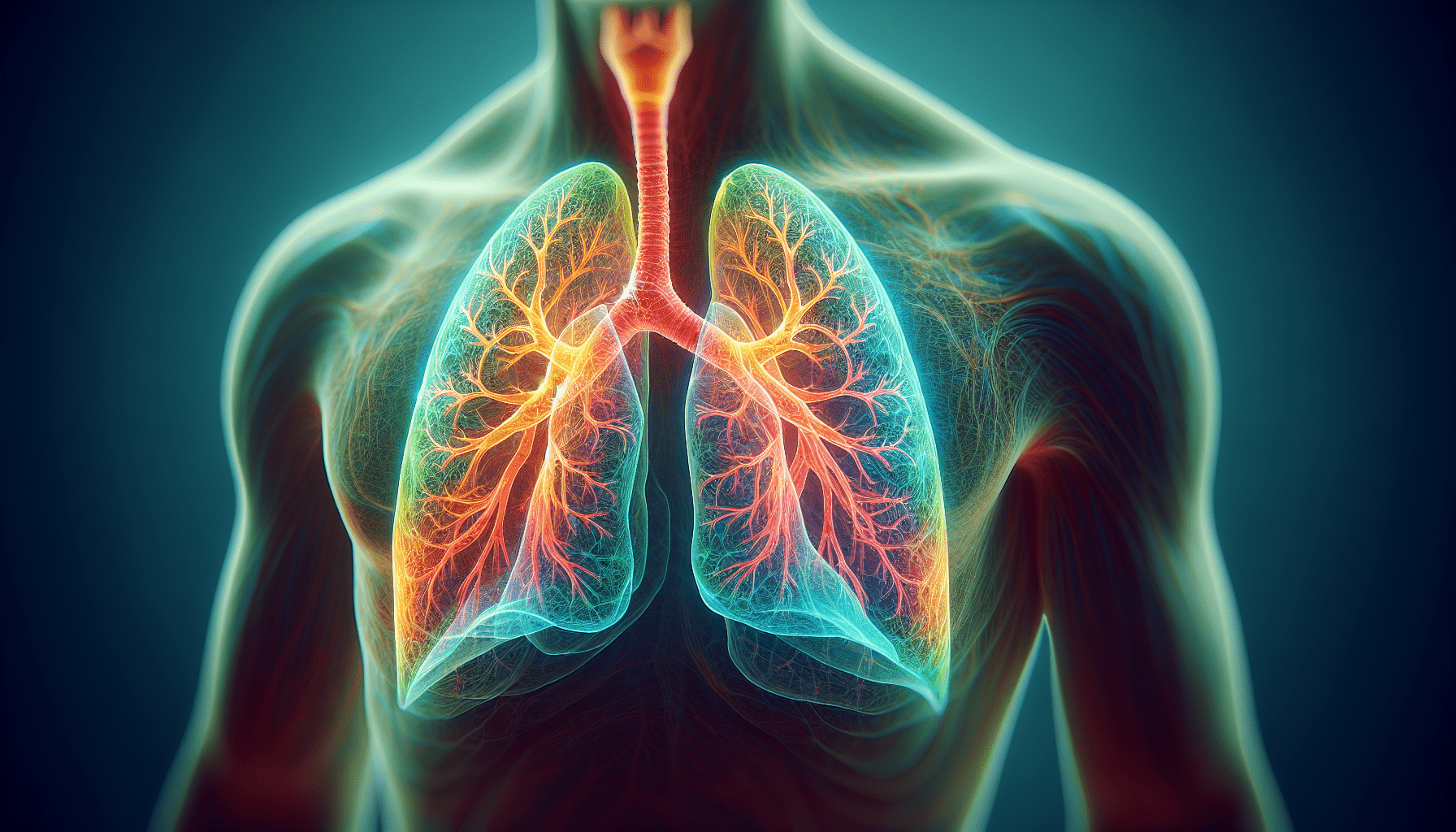Welcome to your “Ultimate Guide to Preventing Pneumonia,” a comprehensive resource designed to help you protect your health and well-being. In this guide, you’ll find practical tips and essential information on how to stay strong against pneumonia, from understanding the common risk factors to adopting effective preventive measures. With a friendly approach and easy-to-follow advice, this guide aims to empower you to take charge of your health and minimize your chances of contracting this serious illness. So, let’s dive in and equip you with the knowledge to keep your lungs clear and your health intact! Have you ever wondered how you can protect yourself from pneumonia? Well, you’ve come to the right place! This guide is your go-to resource for everything you need to know about preventing pneumonia. Whether you’re young, elderly, or somewhere in between, this article will provide you with all the tips and information you need to stay healthy and pneumonia-free.
What is Pneumonia?
Pneumonia is an infection that inflames the air sacs in one or both lungs. The air sacs may fill with fluid or pus, leading to symptoms such as coughing, fever, chills, and difficulty breathing. Pneumonia can be caused by various microorganisms, including bacteria, viruses, and fungi.
Types of Pneumonia
Understanding the different types of pneumonia can help you be more aware of how to prevent it. The major types include:
| Type | Description |
|---|---|
| Bacterial | Often caused by the Streptococcus pneumoniae bacterium. |
| Viral | Caused by various viruses, including the influenza virus. |
| Fungal | More common in people with weakened immune systems. |
| Hospital-acquired | This type occurs during a hospital stay for another illness. |
| Community-acquired | Occurs outside of healthcare settings and is the most common type. |
| Aspiration | Caused by inhaling food, liquid, or vomit into the lungs. |
Risk Factors for Pneumonia
Knowing the risk factors can help you better understand how to shield yourself from this illness. Here’s a breakdown:
Age
Age is a significant risk factor. People over 65 and children under 2 years old are especially vulnerable to pneumonia.
Chronic Diseases
Conditions such as asthma, heart disease, and diabetes can increase your risk of becoming infected.
Weakened Immune System
People with weakened immune systems due to medications, HIV/AIDS, or recent surgery are more susceptible to pneumonia.
Smoking
Smoking damages your lungs and weakens your immune defenses, making you more prone to respiratory infections like pneumonia.

Symptoms of Pneumonia
Recognizing the symptoms early can lead to prompt treatment and a better outcome. Typical symptoms include:
- Persistent cough (with or without mucus)
- High fever, sweating, and chills
- Difficulty breathing
- Fatigue and muscle aches
- Sharp chest pain, especially when breathing deeply or coughing
How to Prevent Pneumonia
Prevention is always better than cure. Here are some measures you can adopt:
Vaccination
Vaccines are an essential tool in preventing pneumonia. Here are the primary vaccines you should consider:
| Vaccine Name | Target Group | Description |
|---|---|---|
| Pneumococcal Vaccine | Adults aged 65 or older, children under 2, and people with certain medical conditions | Protects against bacterial pneumonia caused by Streptococcus pneumoniae. |
| Influenza Vaccine | Everyone over 6 months old | Protects against various strains of the flu virus, which can sometimes lead to pneumonia as a complication. |
| Hib Vaccine | Infants and young children | Protects against Haemophilus influenzae type b, a bacterium that can cause pneumonia. |
Good Hygiene
Practicing good hygiene can significantly reduce your risk of contracting the pathogens that cause pneumonia.
- Hand Washing: Wash your hands frequently with soap and water, especially after coughing or sneezing.
- Cover Your Mouth: Use a tissue or your elbow to cover your mouth when you cough or sneeze.
- Avoid Touching Your Face: Germs can enter your body through your eyes, nose, and mouth.
Healthy Lifestyle Choices
Making good lifestyle choices can bolster your immune system and reduce your risk of pneumonia:
- Don’t Smoke: As mentioned earlier, smoking can wreak havoc on your lungs.
- Balanced Diet: Eat a variety of fruits, vegetables, proteins, and whole grains to keep your immune system strong.
- Exercise Regularly: Physical activity can strengthen your immune response.
- Stay Hydrated: Drink plenty of fluids to keep your mucus membranes moist and more effective at trapping germs.
Manage Chronic Conditions
If you have chronic illnesses like asthma or diabetes, managing these conditions effectively can help reduce your risk of pneumonia. Follow your healthcare provider’s guidance and take your medications as prescribed.
When to Seek Medical Attention
Knowing when to seek medical help could be a lifesaver. Contact a healthcare professional if you experience:
- Severe chest pain
- Difficulty breathing
- Persistent high fever
- Cyanosis (bluish skin, especially lips and nails)
- Rapid or painful breathing
Timely medical help can make a significant difference in the course of the illness.
Conclusion
Pneumonia is a serious illness that can have severe complications, but it is largely preventable. By understanding what pneumonia is, knowing the symptoms, and actively adopting preventive measures like vaccination, good hygiene, and a healthy lifestyle, you can significantly reduce your risk.
Stay informed, stay healthy, and here’s to a pneumonia-free you! If you have any questions or concerns, don’t hesitate to consult your healthcare provider.
Remember, your health is in your hands. Take the steps today to protect yourself and your loved ones from pneumonia. You’ve got this!
